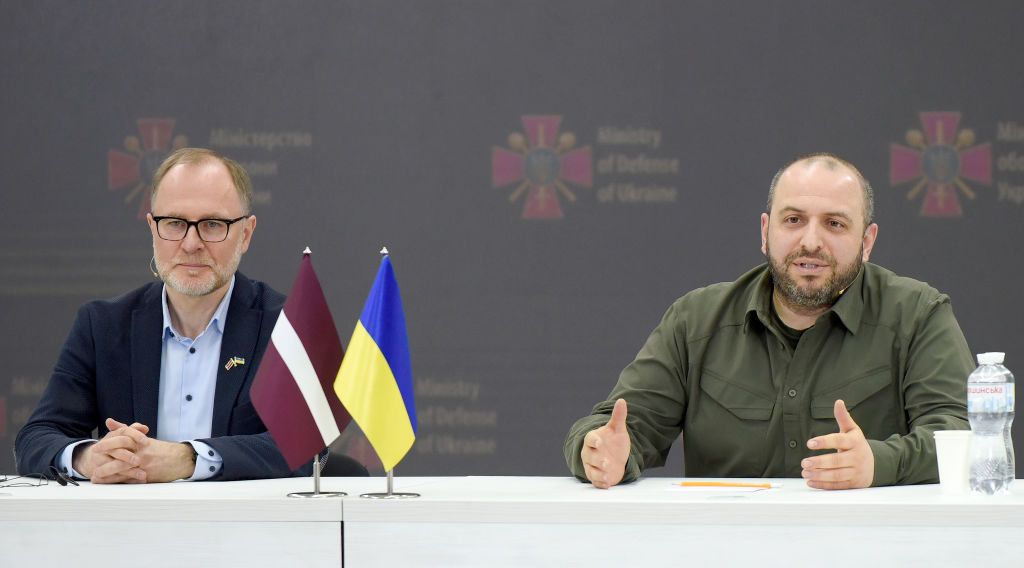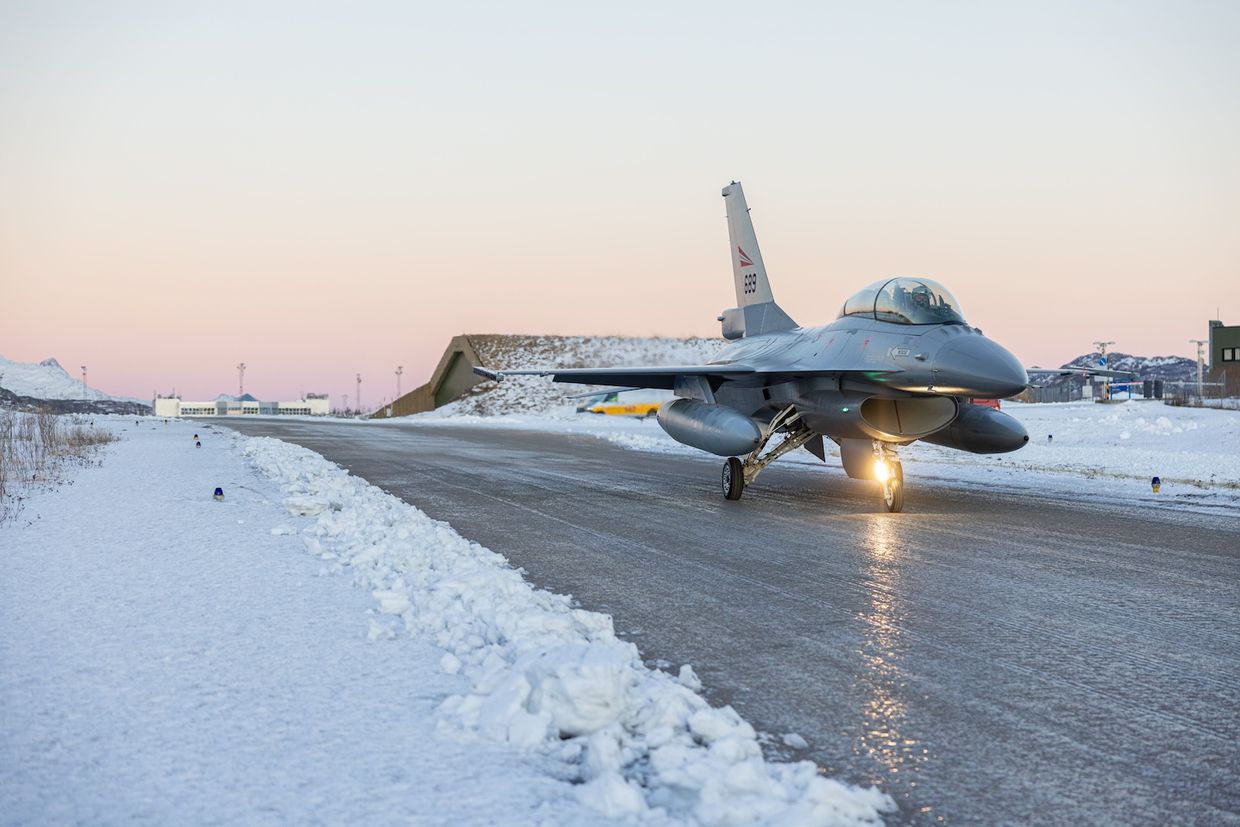ISW: Putin attempts to destabilize Baltic countries

Russian President Vladimir Putin sets conditions for future escalations in the Baltic countries as part of the alleged plan to weaken the NATO alliance, the Institute for the Study of War (ISW) wrote in its Jan. 16 assessment.
According to a Russian state-controlled media outlet, Putin said on Jan. 16 that Latvia and other Baltic countries “were throwing Russians abroad,” directly affecting Russian security.
Since September 2022, the Latvian government has adopted changes in its immigration law, obligating Russians who live in the country to follow the general procedure for obtaining EU permanent residence status. One of the requirements is to pass the Latvian language exam by November 2023.
Maira Roze, the head of the Latvian Office of Citizenship and Migration Affairs, announced in a January Latvian LTV TV channel interview that at least 985 Russian citizens must be deported as they failed to apply for a new residence permit by the deadline.
“Putin has long employed an expansive definition of Russia’s sovereignty and trivialized the sovereignty of former Soviet republics,” the ISW said. “Russia has long claimed that it has the right to protect its “compatriots abroad,” including ethnic Russians and Russian speakers beyond Russia’s borders.”
The ISW also said that it has not observed any indication that a Russian attack on the Baltics is imminent or likely. Still, the Russian president may be preparing information conditions for future aggressive actions to protect “compatriots abroad” as a pretext.
“Putin did not invade Ukraine in 2022 to defend Russia against a threat from NATO but rather to weaken and ultimately destroy NATO – a goal he still pursues,” the ISW said, recalling its previous assessment.
According to the ISW, the Kremlin has recently conducted information operations and hybrid warfare tactics to destabilize NATO. Currently, it is setting conditions for possible aggression against NATO members and their neighbors.












